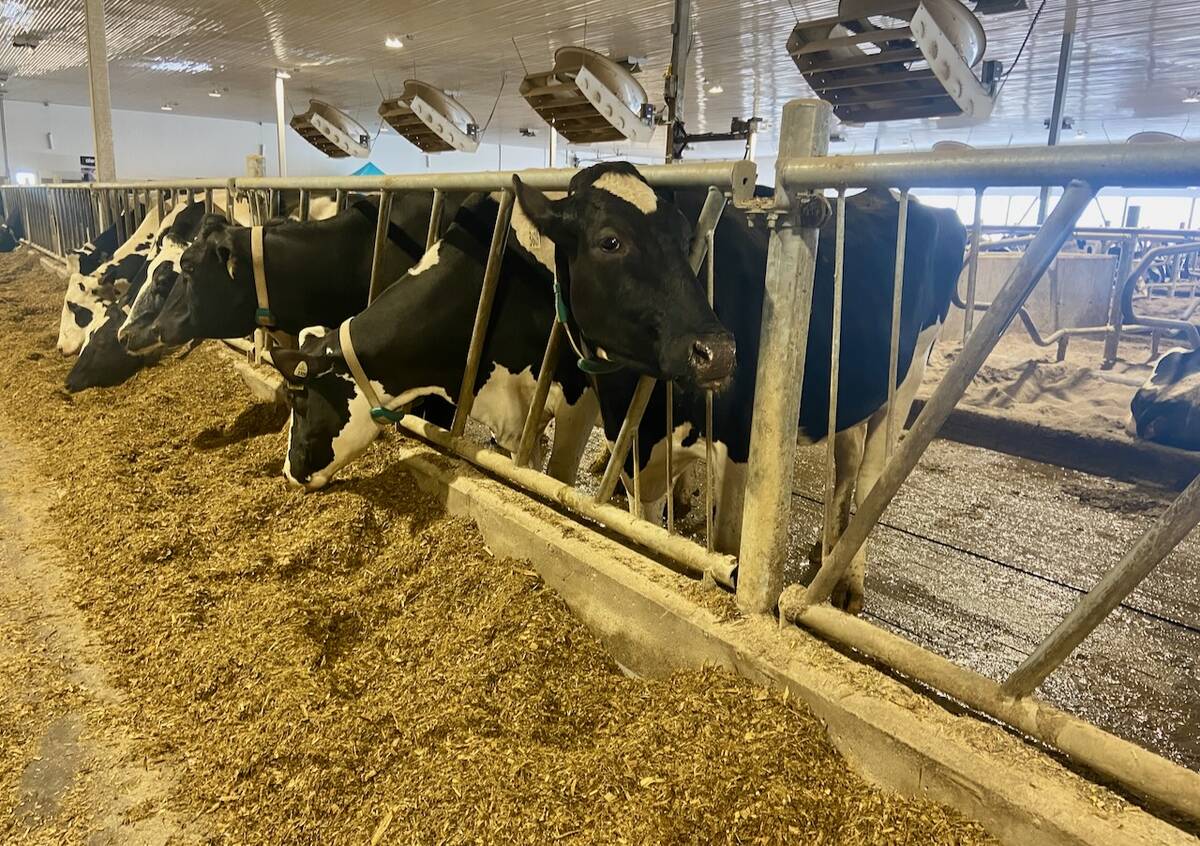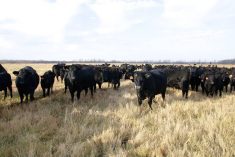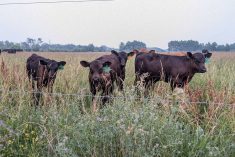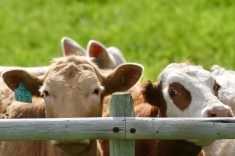A program permitting the processing of animals unfit for transport and allowing producers to receive funds from the sale of the meat is now operating in Alberta.
Under the Video Ante-Mortem Inspection program, as of Jan. 1, livestock injured in traffic accidents during transportation or in the field can now be slaughtered onsite and processed for human consumption by a provincially licensed facility.
The VAMI program, offered at no cost in most cases, will require that several steps be followed and will be permitted only under specific circumstances, according to Leah Sheffield, executive director of the food safety branch of Alberta Agriculture.
Read Also

U.S. farm group supports supply management
U.S. grassroots farm advocacy group pushing new agriculture legislation that would move towards supply management like Canada has for dairy industry
Those steps include securing an abattoir willing to accept the carcass for a post-mortem inspection and processing, as well as contacting a provincial inspector for approval of the humane slaughter of the animal by providing video of the situation.
“Really key is that it needs to be transported to an inspection facility for further processing within two hours,” said Sheffield.
She used the recent British Columbia floods as an example of a situation that could have benefitted from the program.
“Something like that, where there is an emergency happening and the animals need to be dealt with and there is no way to quickly transport them to a facility,” Sheffield said.
It’s expected that the most common use will be leg breaks in the field or accidents during transportation, she added.
“Producers wanted to manage the animal’s suffering but not lose the economic value of that animal and still be able to sell the meat,” said Sheffield as to the reasons why the program was developed.
The program is available only from 7 a.m. to 5 p.m., Monday to Friday and the life of the animal can’t be extended to meet the timeframe if it prolongs pain or distress.
“That’s an important thing to take note of,” said Sheffield, adding most abattoirs aren’t operating outside those hours as well.
“It’s not going to be available in all situations.”
She said Alberta Agriculture has been working with producer groups to develop the program over the last five years.
Sheffield said organizers intend to evaluate how the program is working within a year to see if the process can be improved.
The VAMI program is the nation’s first while Manitoba and Saskatchewan have piloted remote video and cold carcass inspections.
















